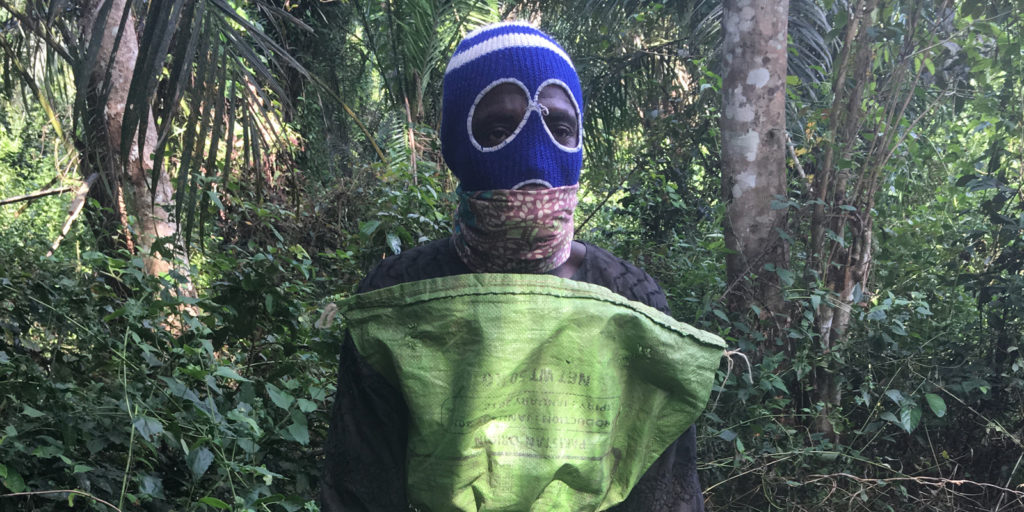A public webinar on connecting and supporting preparedness ‘from below’, featuring expert speakers, videos from the field and debate.

Through a Wellcome Trust-funded collaborative award, the Pandemic Preparedness Project has been researching preparedness ‘from below’ since 2019. It has been asking:
- Who is being prepared – and for what and by whom?
- What can the world learn from people living with multiple health-related uncertainties in African settings?
In this online event we will share reflections and seek comment and further discussion on what kinds of efforts and global-local relations are needed to strengthen, build and integrate local-level preparedness.
French and Spanish interpretation will be available at this event.
Programme
Introduction with Professor Melissa Leach, Director, Institute of Development Studies, UK.
Learning from and with communities Drawing on our recent research on pandemic preparedness, this session will focus on local-level insights regarding how people navigate disease outbreaks in the context of often intersecting acute and chronic challenges and precarious livelihoods amidst multiple uncertainties. These surface important insights about the place of local knowledge, diverse formal and informal public authorities, individual and collective agency, and adaptability. These have implications for approaches to community engagement and understandings of the possibilities and limitations of community resilience.
Panellists:
- Dr Joao Rangel de Almeida, World Health Organization (WHO)
- Dr Guillermo Sequera, Ministry of Health, Paraguay
- Dr Amone Jackson, Ministry of Health, Uganda
- Dr Alfred Jamiru, Ministry of Health, Sierra Leone
Watch session 1
Technologies and systems The balance between technical, risk-based interventions in response to outbreaks and longer-term initiatives to strengthen health and social protection systems, to ensure their agility and build relations of trust, requires further attention. Furthermore, technologies such as vaccines, pharmaceutical treatments and diagnostic tools and the information about their use are not just neutral instruments but have important social dimensions, landing in particular historical and socio-political contexts. What might inclusive ‘systems preparedness’ look like in different contexts?
Panellists:
- Professor Ann Kelly, King’s College, London
- Dr Thierno Balde, WHO
- Dr Julienne Anoko, WHO Regional Office for Africa
- Dr Cathy Roth, Foreign, Commonwealth & Development Office, UK
Watch session 2
Connecting preparedness from below How might global and regional efforts interconnect more effectively with preparedness ‘from below’? What kinds of local capacities, global-local relations and mechanisms are needed for strengthening inclusive systems preparedness that is attentive to local realities? How might these concerns contribute to current global conversations?
Panellists tbc
Watch session 3
Wrap up and discussion Comments and questions to researchers and panellists, with:
- Dr Chikwe Ihekweazu, WHO
- Dr Sylvie Briand, WHO
- Professor David Heymann, Chatham House
- Professor Susan Erikson, Simon Fraser University
Close and forward plans